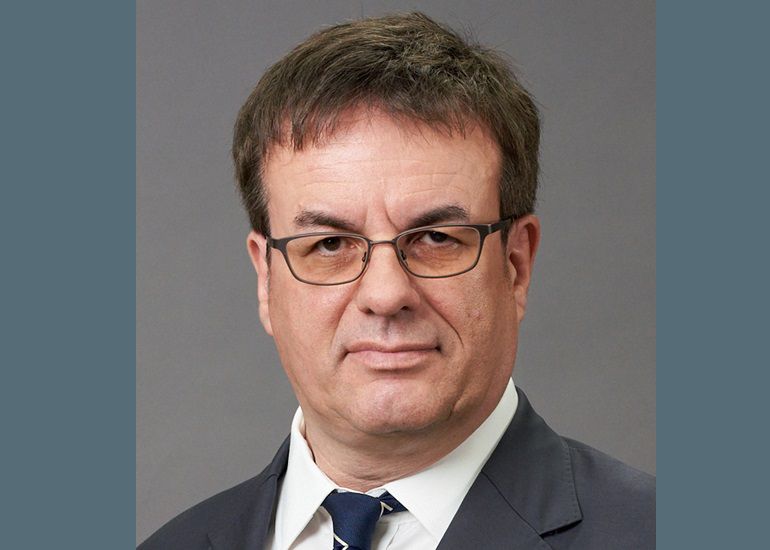CAIML Seminar: “Stock and Crypto Price Forecasting by Generative AI”
Join us for the CAIML Seminar with Helmut Prendinger.

July 30th 2024
- 11:00 – 13:00 CEST
- TU Wien, Faculty of Informatics, FAV Hörsaal 1 Helmut Veith
-
1040 Vienna, Favoritenstraße 9-11
Ground Floor, Room HH EG 02
Abstract
The objective of our work is to accurately predict the closing price of financial instruments such as stocks or crypto. We focus on short-term forecasting, for instance, the next 3 to 7 hours (on hourly chart) or the next 3 to 7 days (on daily chart). Recently, large language models (LLMs) have driven rapid progress in natural language processing (NLP) and computer vision (CV). Chat-GPT is a well-known example of the remarkable abilities of these models in understanding and generating human-like text. An exciting new development is to repurpose LLMs for general time series forecasting. If we encode time series, such as past price action, as a string of numerical digits, we can frame the time series forecasting problem as the problem of next-token prediction in text. This opens the possibility that we can zero-shot extrapolate time series, that is, generate future price values without additional training.
In this talk, we will explain how generative AI, that is, AI capable of generating text, images, but also time series, can be utilized in forecasting tasks. The discussion includes (1) time series foundation models, (2) LLMs, and also (3) large multimodal models (LMMs), where the model can be prompted not only with text, but also with images, such as candlestick charts. We will present our studies in forecasting Bitcoin and stocks price action based on generative AI. Based on these (often surprising) findings, we are confident that our work can make a significant contribution to automated swing trading.
About the Speaker
Helmut Prendinger is a full professor at the National Institute of Informatics, where he works in the Digital Content and Media Sciences Research Division. He carries out research in the area of Artificial Intelligence, specifically Deep Learning and recently large language models (LLMs).

